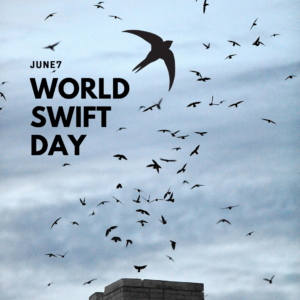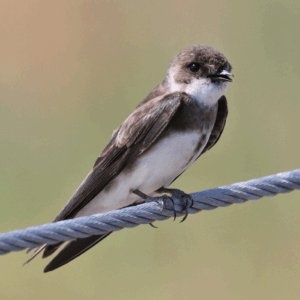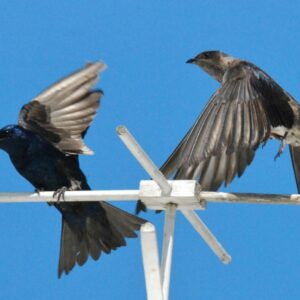Promoting Sustainable Livelihoods in Haiti’s Macaya National Park
 |
| Haitian children attend a school rebuilt by Nature Canada and its Partners |
Nature Canada’s Director of Conservation, Mara Kerry, is on the Caribbean Island of Hispaniola this week to pay a visit to Nature Canada’s conservation and development projects in Haiti and the Dominican Republic.
We’ve been working with our BirdLife partner in Haiti, Haitian Audubon Society, on an integrated conservation and development project supported by the Canadian International Development Agency.
One of our projects has involved rebuilding the local school in Formon, hiring teachers and providing free education to the children of parents who adopt sustainable forest management practices.
Mara took the time to send us this video clip of her visit to Formon, in which the children thank Audubon and Nature Canada.
The community of Formon is on the edge of Macaya National Park, an important wintering habitat for Canadian migratory birds like the Bicknell’s Thrush, a secretive and threatened songbird that breeds in Atlantic Canada. Threats to the songbird, which has declined in Maritime Canada (Nova Scotia and New Brunswick) by 15% annually over the last two decades, include atmospheric pollution, climate change and loss or degradation of its forest habitats.
The project provides an incentive – children attend school for free if their parents agree to stop cutting down the forest and help with reforestation – for the community to adopt sustainable forest management practices which relieve pressure on important habitat for migratory birds. Over 80% of the parents have agreed, and for second year in a row, the school has offered hope for 300 girls and boys.
Our work is also supporting projects that help bring water to the community, freeing up hours of daily excursions to collect water, which is mostly done by girls in the community.
In addition, four tree nurseries have been established for agroforestry and reforestation of areas of the Macaya National Park that have been degraded. The park is one of few small patches of forest remaining in Haiti. The forest plays a critical role in supporting the surrounding communities – the forest provides clean water and clean air, prevents erosion and helps mitigate the impacts of climate change.
Supported by BirdLife and Neotropical Migratory Bird Conservation Act (NMBCA) grants, these projects improve the lives of the people of Formon while protecting and conserving Haitian forests and migratory birds. They are part of a coordinated effort to conserve areas across a bird’s entire hemispheric range – the only truly effective way to conserve migratory bird populations like the Bicknell’s Thrush.
We will be hearing from Mara as she visits the Dominican Republic next week, so stay tuned!



